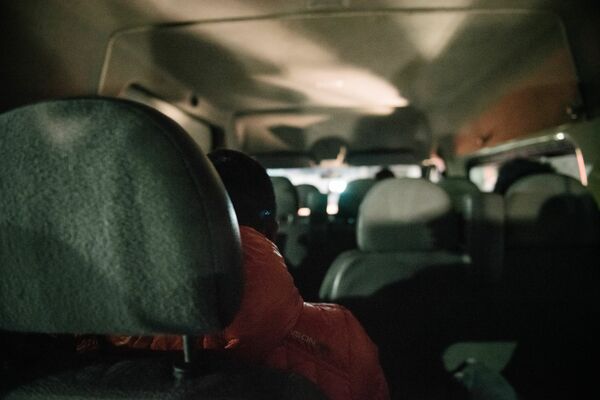It has been horrendous to hear and see news of increasing numbers of people making dangerous and unsafe journeys across the Channel in search of safety and refuge. The death of Abdulfatah Hamdallah, a young Sudanese man who lost his life while attempting to make the crossing, was tragic. Over the years we’ve worked with numerous people who have made the same perilous journey simply because it is almost impossible to find a route to safety that is legal and safe.
Alongside this news we have seen a lot of worrying content, both online and in the media, making negative and untrue claims about refugees and people seeking asylum. These stories and takes do not stand up to any level of scrutiny, but unfortunately they have been circulating in various guises for many years.
We believe that it remains important to address and challenge both the lack of safe and legal routes to asylum, and the lies and accusations being peddled. But what is the best way to do this? There are lots of great organisations who have put together a variety of resources to help us all with this, and we thought it would be good to share some of these.
Write to your MP
Our friends at the Joint Council for the Welfare of Immigrants (JCWI) have put together this really helpful template that you can use to write to your MP to ask them to call for safe and legal asylum routes.
Prepare for conversations
There are a range of different really helpful resources that can equip us all for conversations with friends, family and colleagues. The Refugee Council recently published headline facts from the latest asylum statistics. This briefing from the JCWI addresses the need for safe and legal asylum routes and how this could look. The Guardian also recently published this helpful Q&A relating to the use of hotels to accommodate people seeking asylum.
Fact check your social media
Each day we all scroll through so much social media content. Sometimes it can be hard to know what is factual. Fortunately, there are a couple of really useful tools available that can help us identify bad information masquerading as truth; the full fact website has a helpful section dedicated to the area of refugees and people seeking asylum, and news organisations like AP and Reuters are increasingly challenging false claims through special sections on their websites, as this example shows.
Challenge press and media coverage
Our friends at Help Refugees have created this template letter that you can use to address untruthful, biased or hateful coverage, whether in print, on radio or television. You can find out more about how to complain here. Alongside this, the Apologise and stop dehumanizing filming of asylum seekers crossing the Channel petition can be signed here.





